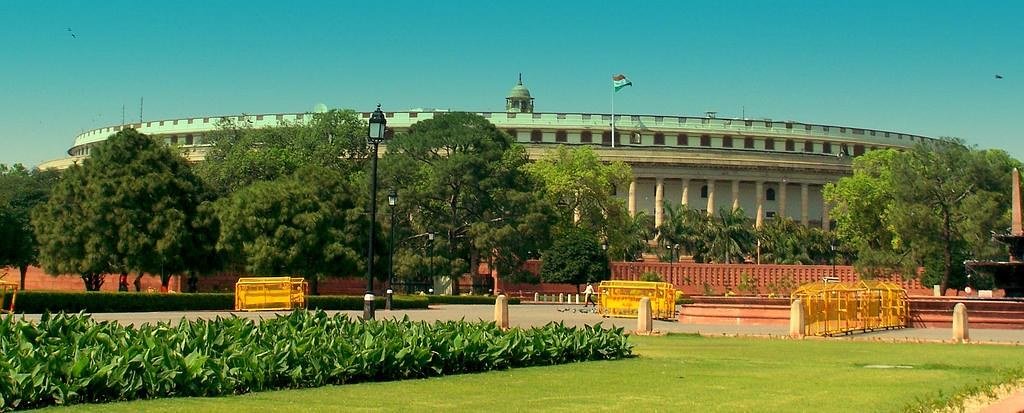Real money games are illegal in India.
According to the law. An “online money game” is any game that requires a financial deposit or entry fee. Regardless of whether it is skill-based or random. The Bill forbids any individual or business from providing, supporting, or advertising such games. Additionally. It prohibits banks and other financial institutions from processing associated payments and prohibits advertisements for these platforms.
India gaming ban latest news.
Any person or organisation found to be offering or facilitating online money gaming could be imprisoned for up to three years, fined up to ₹1 crore. Also both once the law is in effect. The law is a component of a larger government initiative to control online gaming in India. Protect users from the psychological and financial hazards that come with using these platforms.
The Union Cabinet had previously approved the Bill. It is currently pending Rajya Sabha consideration. As justification for the legislation, lawmakers cited the increasing usage of online gaming applications. Some of which have been connected to financial scams and addictive behaviours.
Criticism from industries.
However, industry organisations like the E-Gaming Federation (EGF), Federation of Indian Fantasy Sports (FIFS). All India Gaming Federation (AIGF) criticised the bill. They contend that it might drive players to unregulated offshore platforms. Force the closure of more than 400 businesses. The result is the loss of about 200,000 jobs. They added that the industry pays about ₹20,000 crore in GST each year and that, if controlled rather than outlawed. It could be a major factor in achieving India’s goal of a $1 trillion digital economy.




